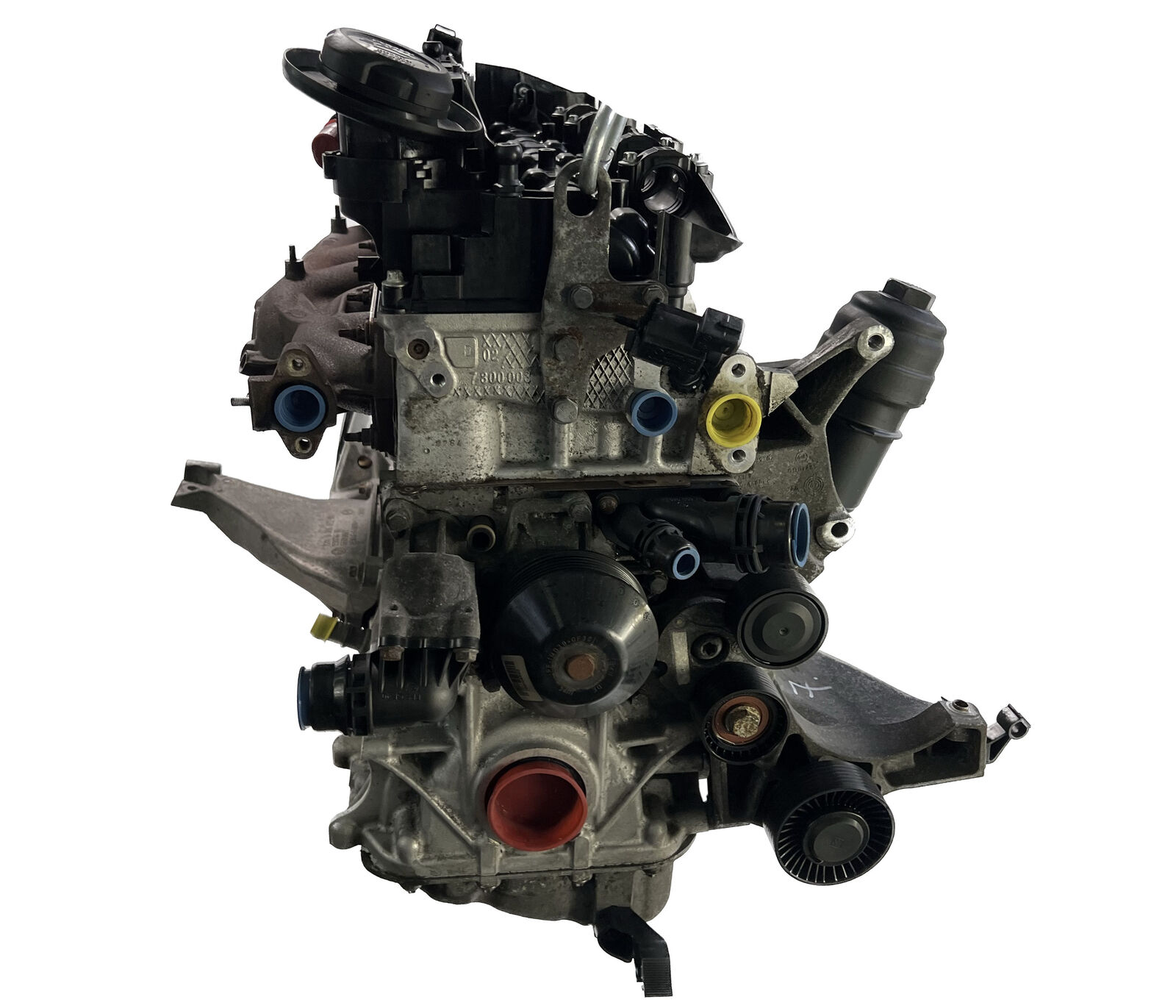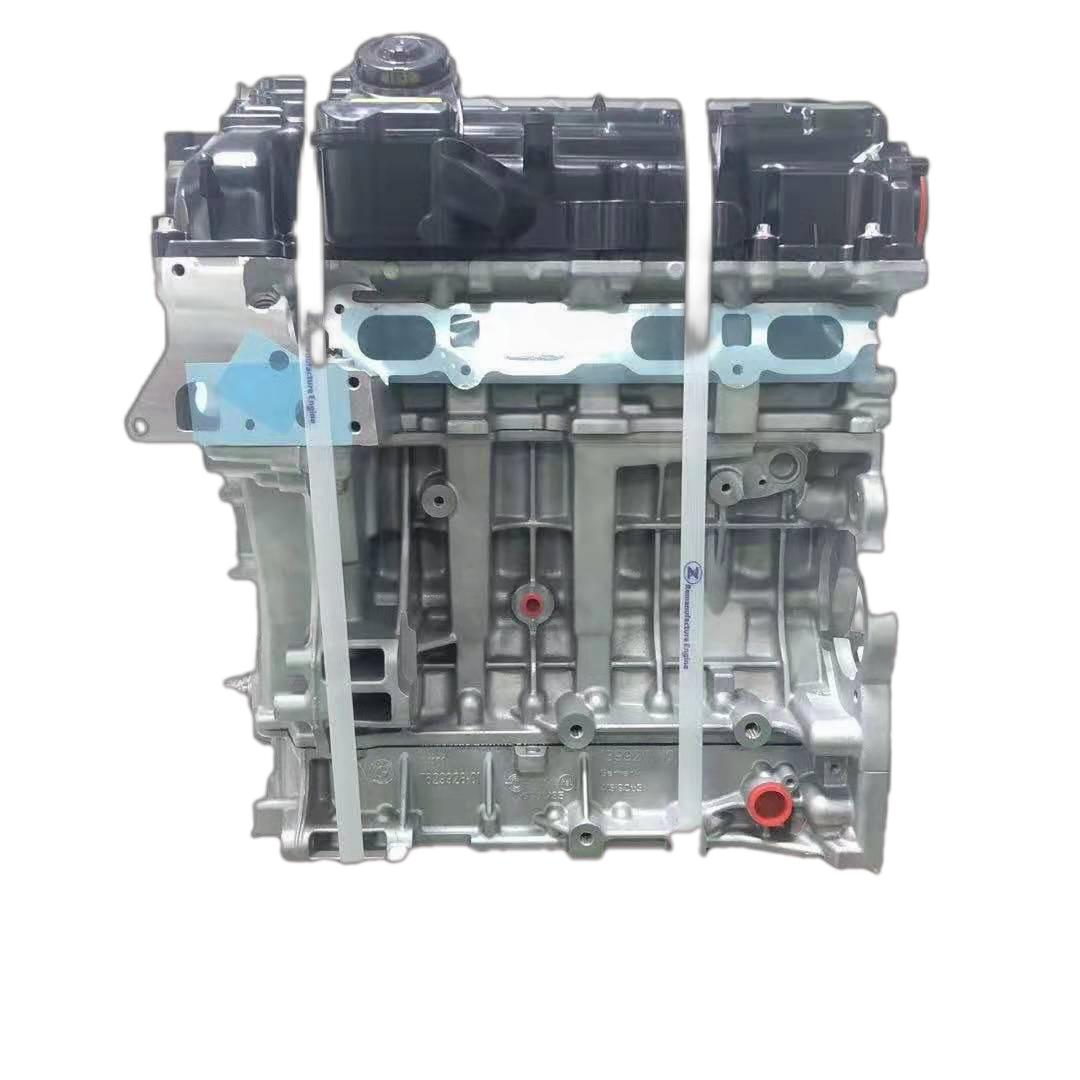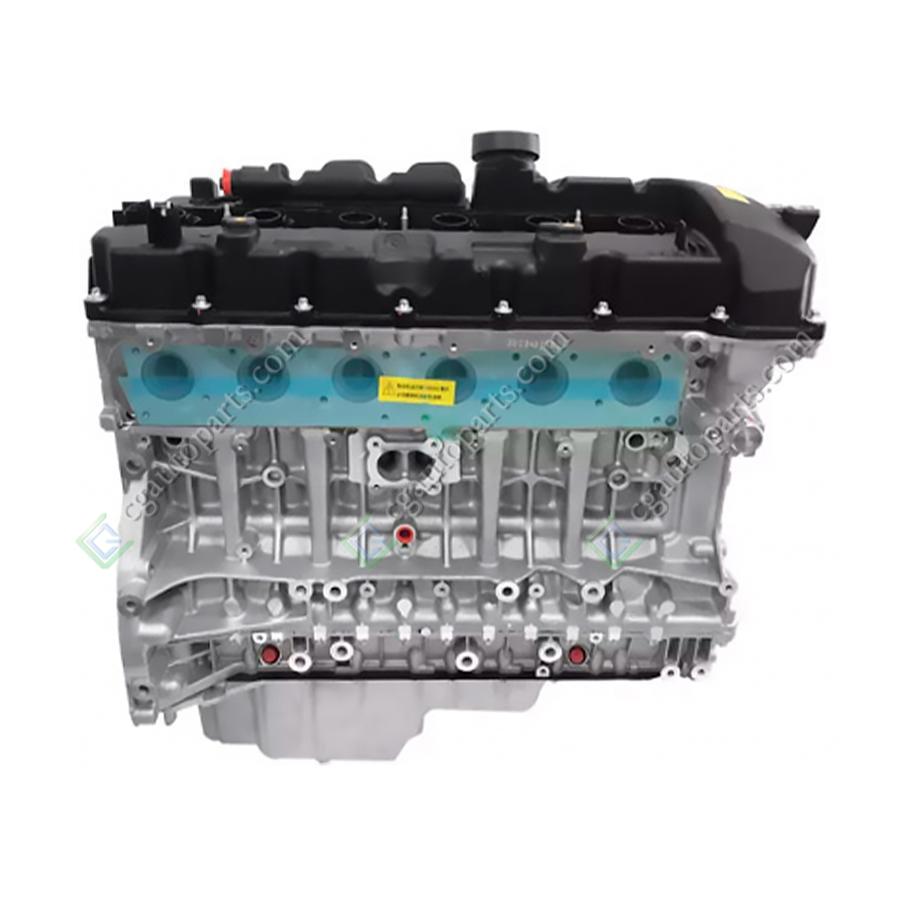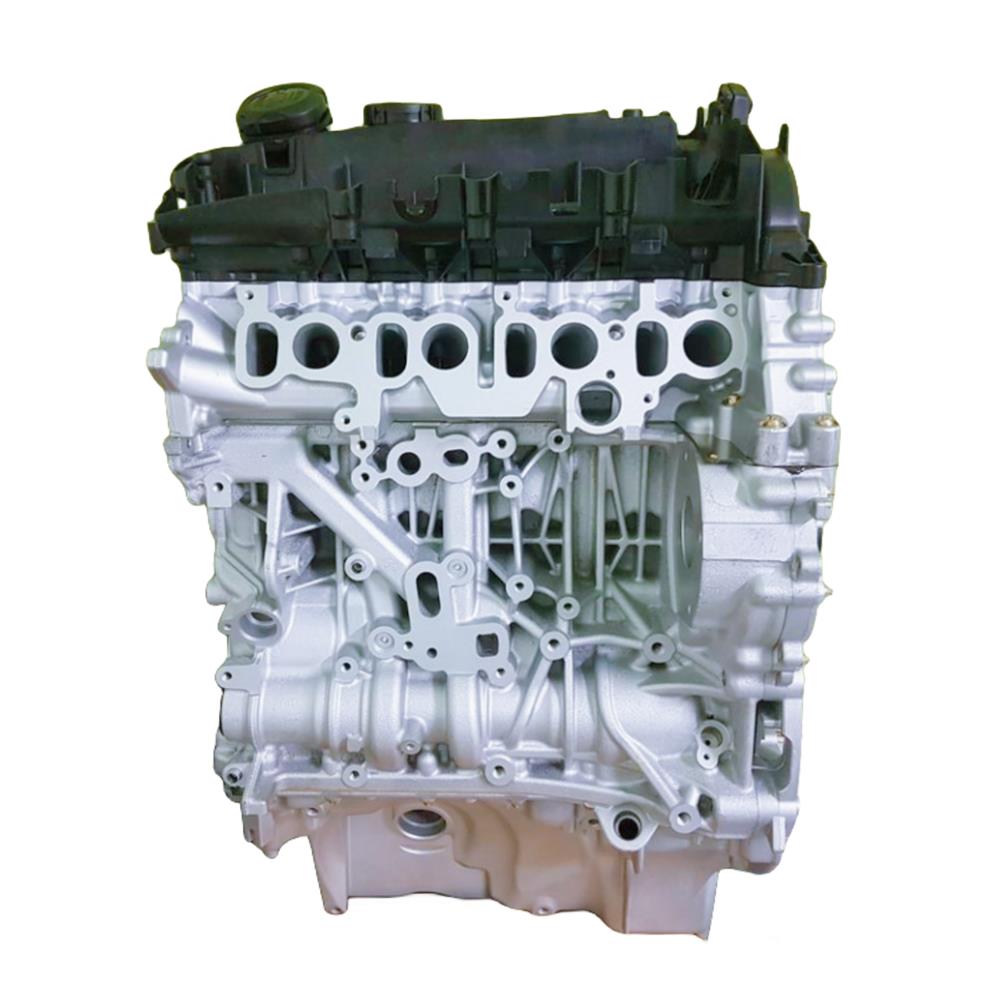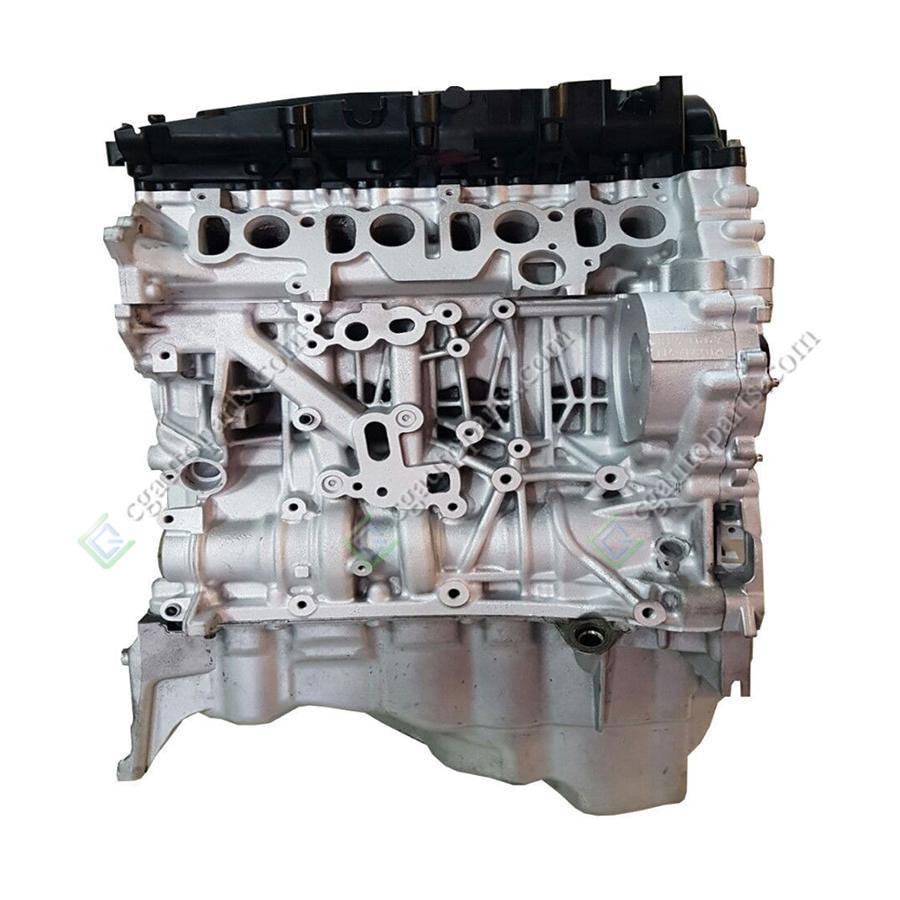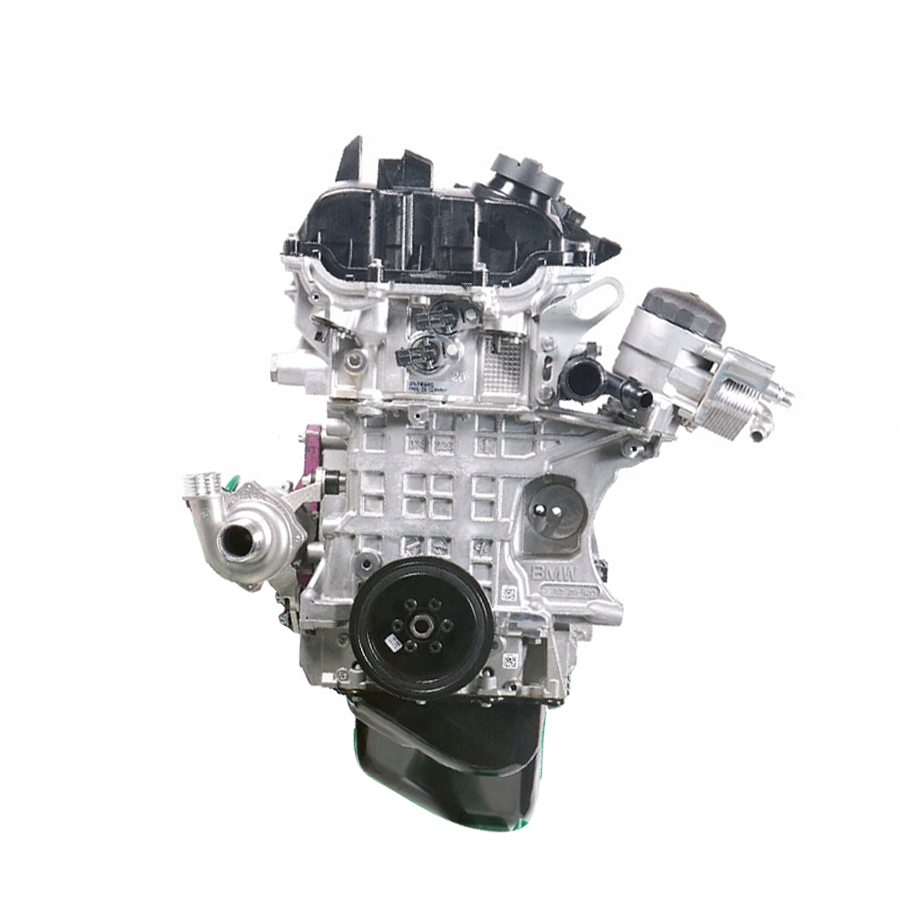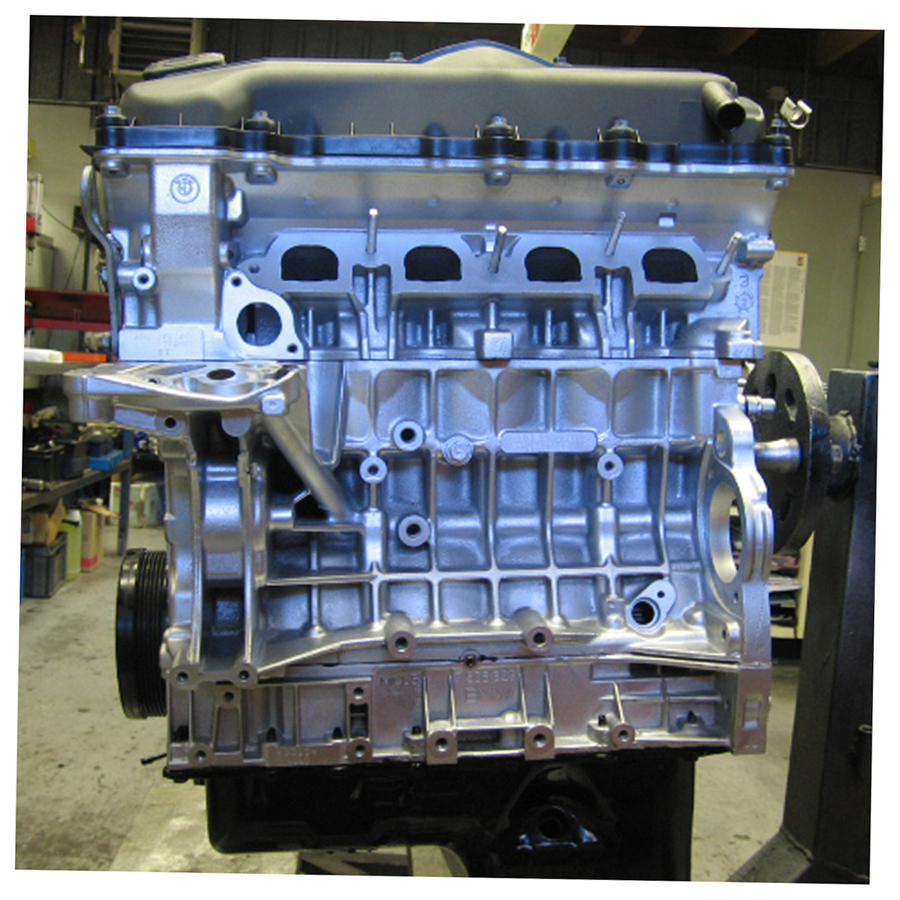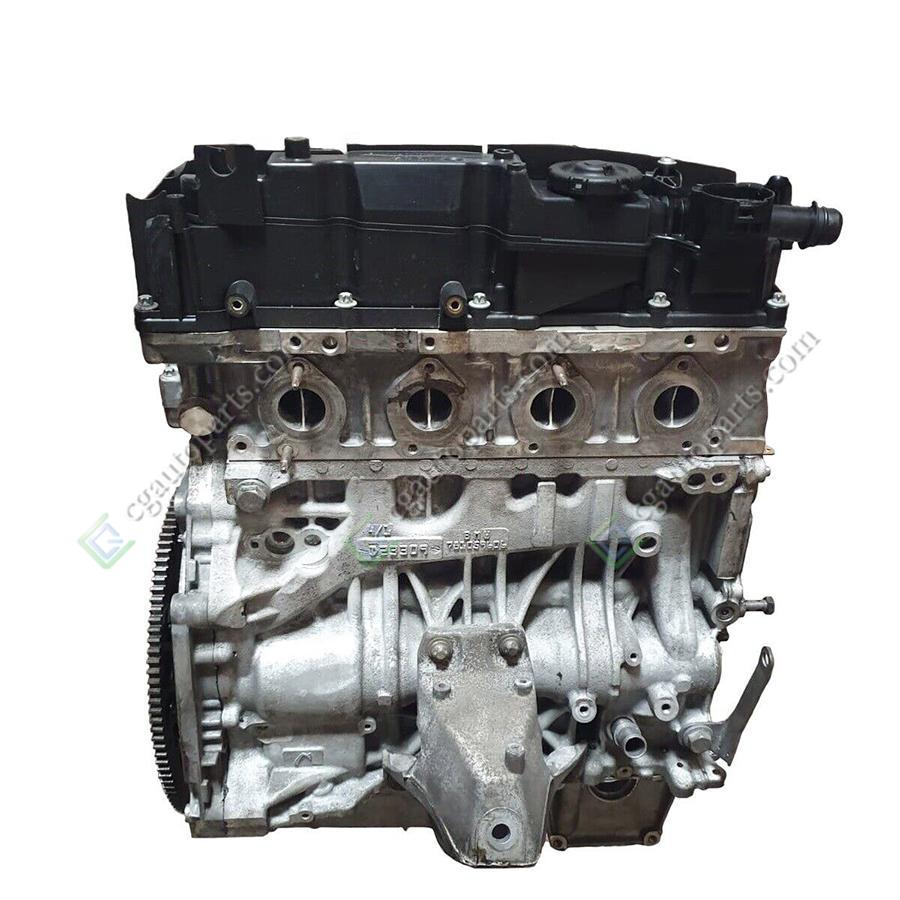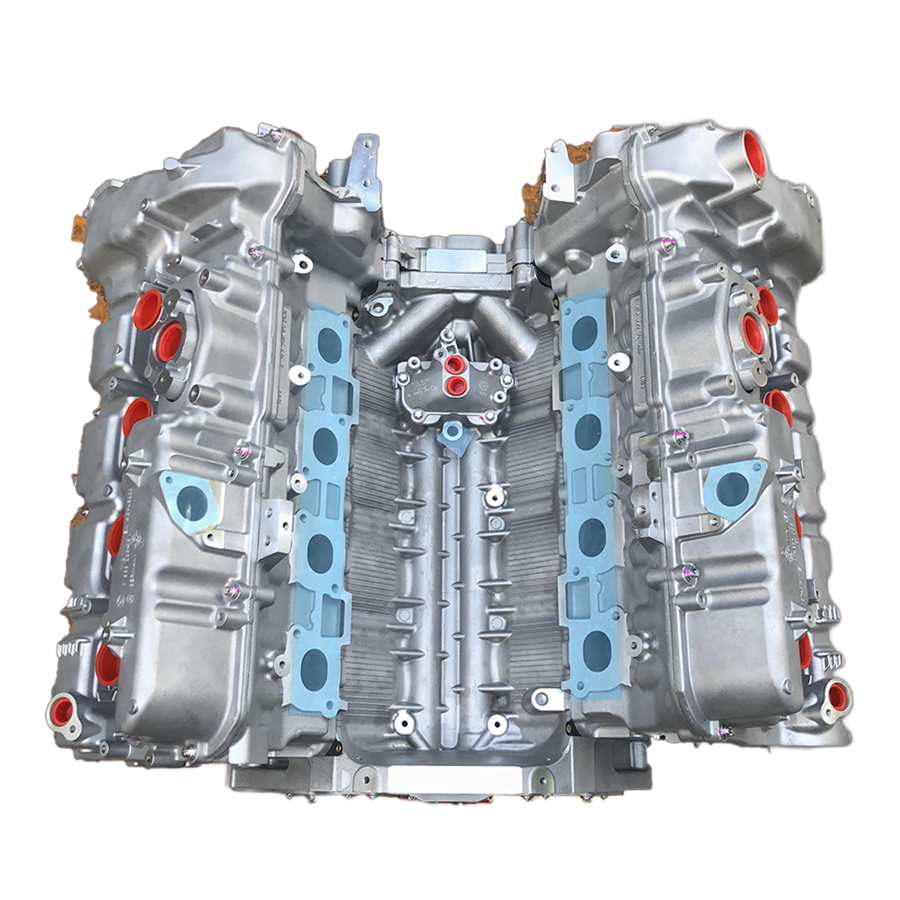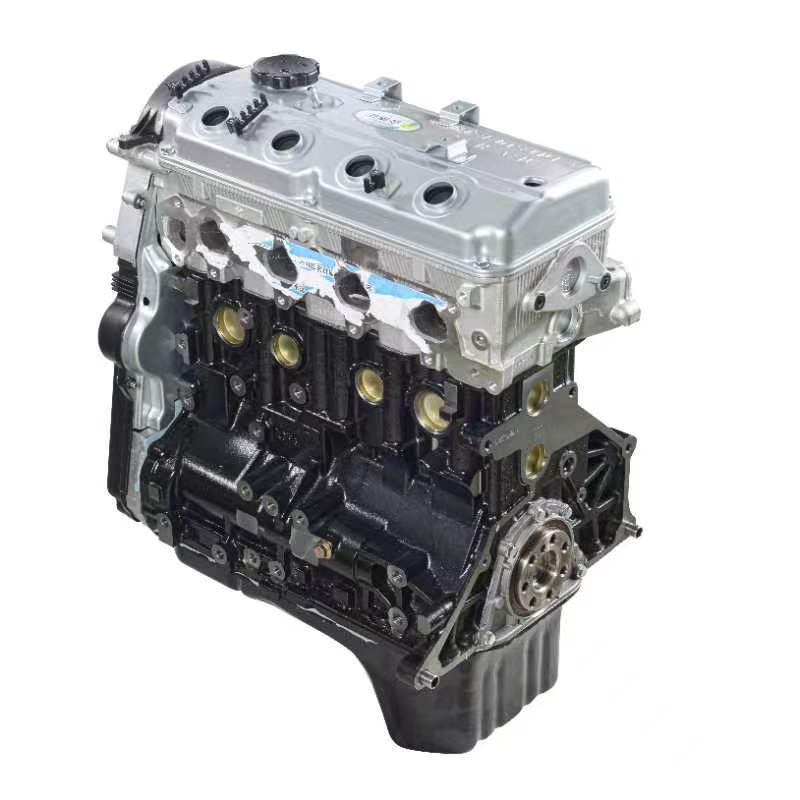COMPLETE ENGINE : Engine Mitsubishi 4G64
PRODUCT INTRODUCTION
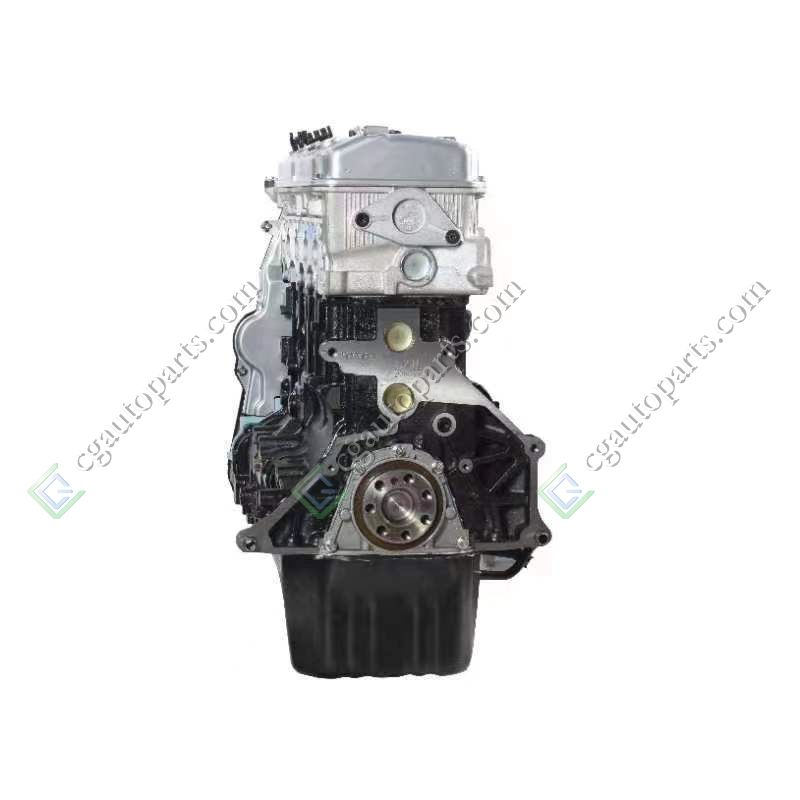
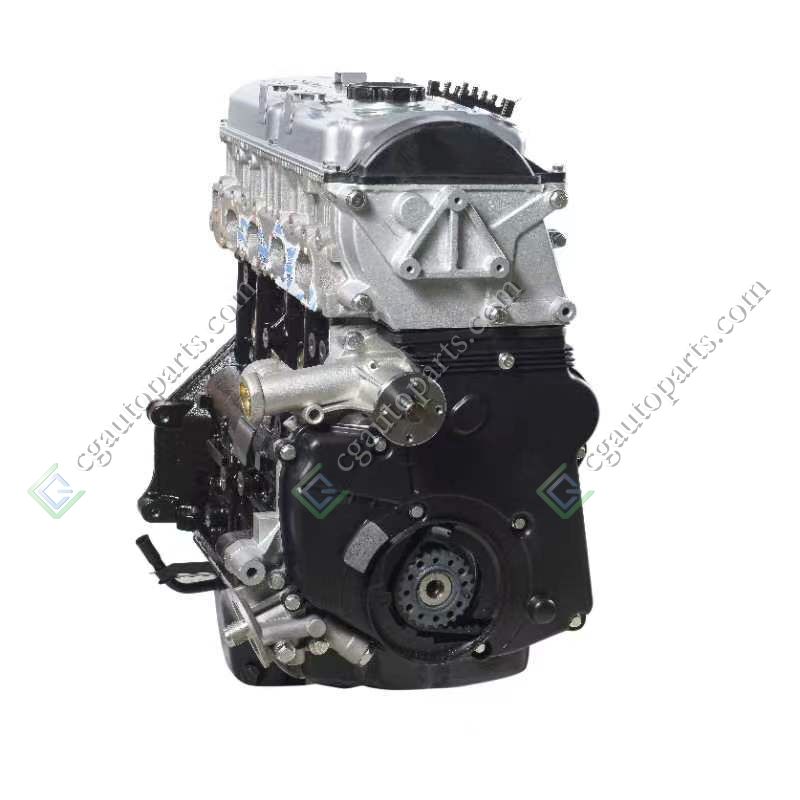
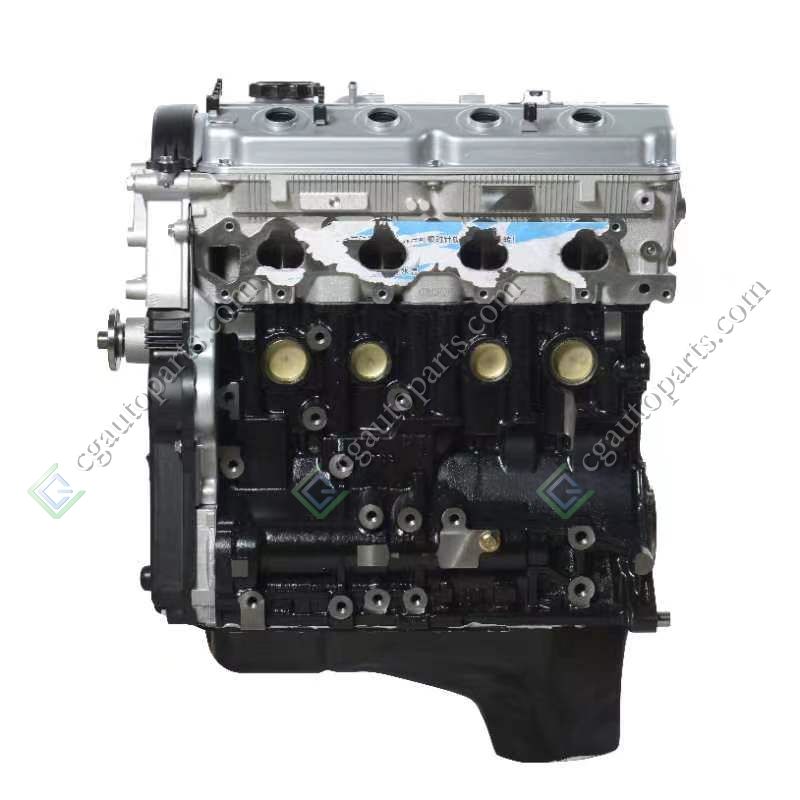
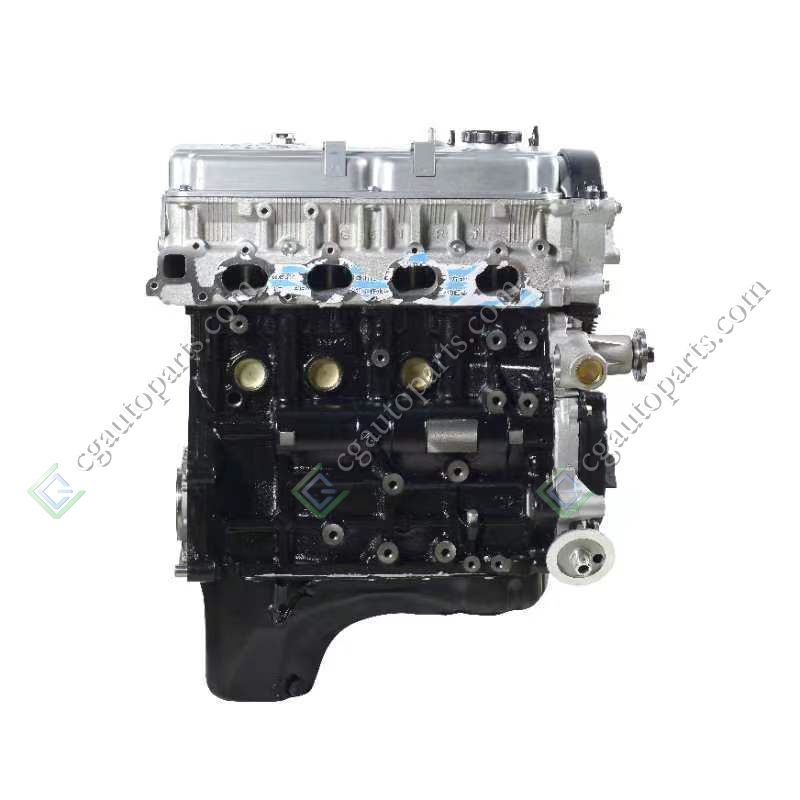
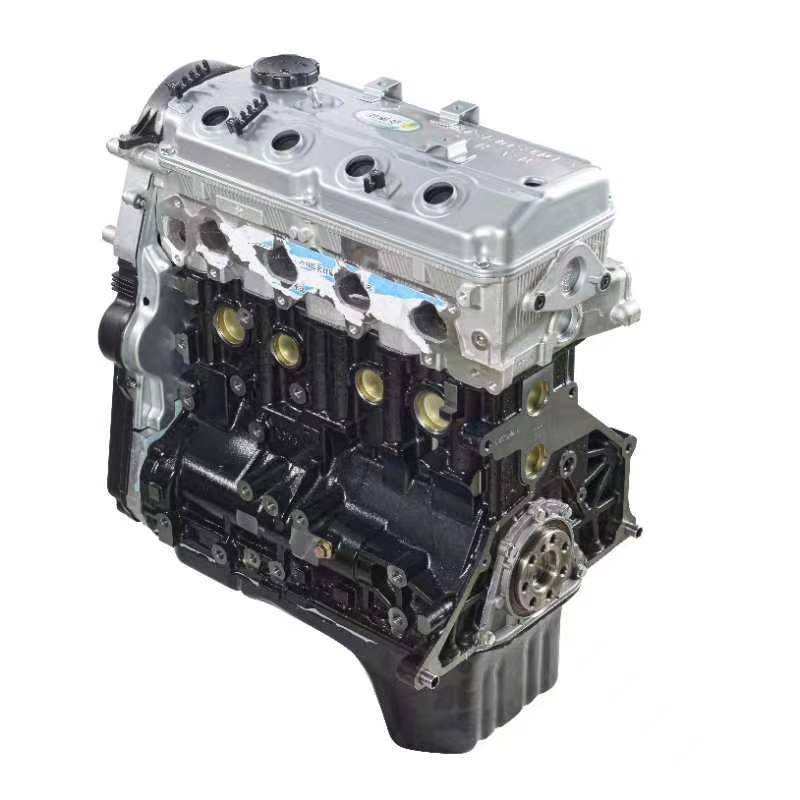
2.4-liter Mitsubishi 4G64 (or G64B) gasoline engine has been in production since 1985. It is installed not only on a number of models of the Japanese concern, but also on cars from other manufacturers. This power unit was used for some time by Hyundai under the name G4JS.
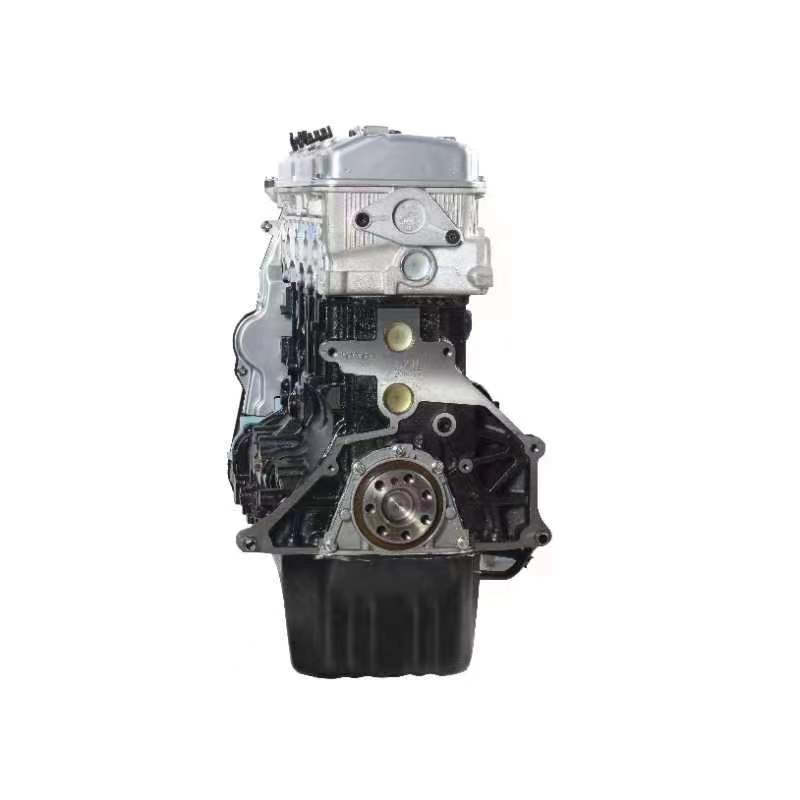
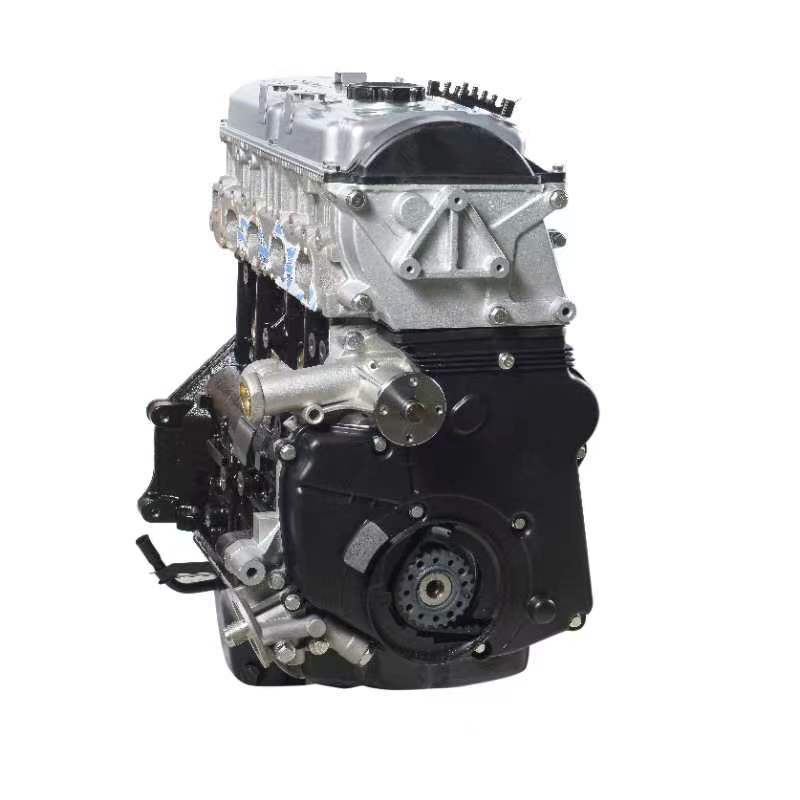
Specifications
Production years |
since 1985 |
Displacement, cc |
2351 |
Fuel system |
injector (MPFI SOHC 8V) |
Power output, hp |
112 (MPFI SOHC 8V) |
Torque output, Nm |
183 (MPFI SOHC 8V) |
Cylinder block |
cast iron R4 |
Block head |
aluminum 16v |
Cylinder bore, mm |
86.5 |
Piston stroke, mm |
100 |
Compression ratio |
8.5 (MPFI SOHC 8V) |
Features |
no |
Hydraulic lifters |
yes |
Timing drive |
belt |
Phase regulator |
no |
Turbocharging |
no |
Recommended engine oil |
5W-30 |
Engine oil capacity, liter |
4.0 |
Fuel type |
petrol |
Euro standards |
EURO 2 (MPFI SOHC 8V) |
Fuel consumption, L/100 km (for Mitsubishi Outlander 2003) |
13.8
|
Engine lifespan, km |
~330 000 |
Weight, kg |
180 |


